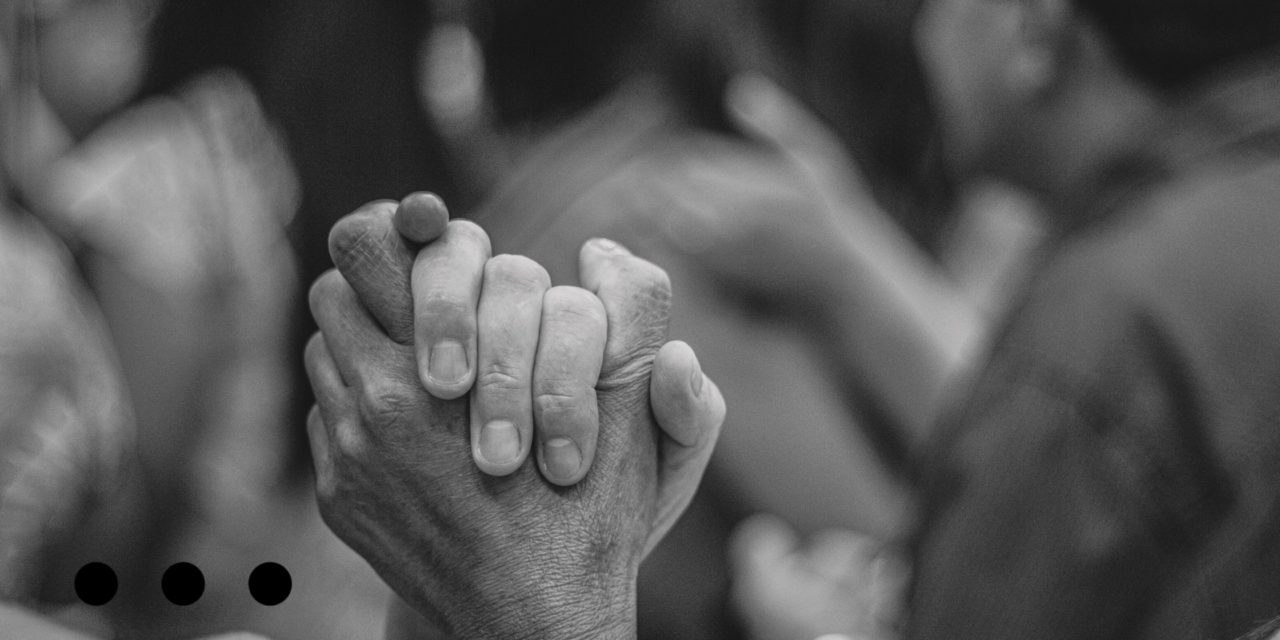Addiction to drugs or alcohol is a widespread problem. The WHO estimates that 31 million people worldwide suffer from a substance use disorder. Even though addiction leads to several issues, patients find it challenging to stop using. This pushes friends and family to intervene on their behalf when they seek treatment. However, effective planning and implementation are essential to the success of any intervention; otherwise, a lot could go wrong.
Intervention- An Introduction
An intervention is a structured or informal gathering of family, friends, and occasionally professionals to encourage a person who is addicted to alcohol or drugs to modify their behavior. You will talk about how your loved ones’ addiction is impacting both your lives and theirs throughout the intervention. You nudge them toward seeking addiction therapy. Intervention may nudge an addict to start an addiction rehab where they might be treated with Suboxone to help them transition into sobriety.
Your loved one requires intervention for the following reasons:
- Despite the negative repercussions of substance usage, they cannot control it.
- They are unaware of the difficulties they have created for themselves and deny their addiction and underlying health issues.
- They have issues with their personal lives, money, friends, and work because of their addiction
- They refuse to listen to family members and friends’ feelings and opinions regarding the addiction
10 Intervention Mistakes to Avoid
It is natural to want to help a loved one who is struggling with addiction. If you are planning an intervention, here are the top 10 intervention mistakes to avoid:
- Inadequate Planning
Planning a good intervention means a lot. If you don’t prepare for an intervention, a lot of things could go wrong. Due to poor communication, your loved one could even decide not to attend the intervention. It’s possible that the patient won’t listen to you if you speak at the incorrect time.
- Thinking Negatively
Choices made by your family have likely had an impact on you as well. You might be thinking negatively. It might be best to approach them when you are sober. You aren’t in the proper frame of mind to step in if you have unfinished business with the patient. Thinking negatively does not make things easier for the loved one who is struggling.
- Hosting At The Wrong Place
They’re unlikely to show up if you pick a location they don’t like. If they go, they might object to any efforts made to get them to go to therapy. Your loved one doesn’t need a stressful atmosphere because their addiction has already made them anxious.
- Plan Properly
The timing of planning an intervention is highly important. The loved one wouldn’t feel at ease if you visited them while they were having withdrawal symptoms, either. Your loved ones could not even recognize you if they are high or intoxicated. They wouldn’t want to be given instructions at that precise time. Ensure the time is appropriate.
- Including Too Many People
The challenge of persuading a loved one to seek treatment for their destructive behaviors may cause their emotions to overpower them. Imagine this scenario now with a roomful of distressed family members.
- Losing Hope After The First Attempt
Not all interventions will be effective the first time. Sometimes underlying issues prevent people from accepting that they need treatment, while other times they are utterly in denial. In either case, there is a chance that the intervention you organized won’t proceed as expected. If an intervention fails, don’t let it bother you.
- Don’t Surprise A Loved One
Addicts are sensitive people. You must approach them accordingly. Considering how daunting a group intervention might be. You don’t go up to someone and start a conversation they didn’t initiate. If you didn’t let them know the ‘talk’ was coming up, they’re probably not going to pay attention to you.
- No Need To Be Judgemental
This is not the time to bring up all the wrongdoings they have committed against you. It’s not the right time to bring up your financial struggles, emotional upheaval, or mental stress as a result. Reminding someone of past faults is inappropriate at this time. Do not forget that you are there to assist, not to harm them.
- Unprepared For Follow Ups
Even after you have intervened, your loved one will require assistance. If you don’t check up with them after the intervention, they might never move past it.
- Don’t Forget to Involve a Professional
With the aid of friends and family, the intervention may be carried out. However, there are situations when consulting a professional is necessary. An expert is prepared to handle a variety of results and situations that would be challenging for you.
Bottom Line…
A person with an addiction may become defensive if they believe you are there to condemn them. The patient won’t be able to listen to you or have a conversation if they’re under the influence of drugs. Therefore make sure you are fully prepared for intervention.

